When you prioritize your self-development, you are getting yourself all geared up for success, both personally and professionally. In this article, we dive into the importance of self-improvement and explore the top 7 tips on how to improve yourself to help you achieve your goals.
- Understand which area you want to improve.
The most crucial first step to improve yourself is practicing self-awareness because it helps you identify which thoughts and habits that require more work. Be honest and yet gentle with yourself about how you perform actions, why you do them that way and the thought process behind them. It can be helpful to write them down so you can visualize them. Once you define these patterns, you can start developing methods to reshape them into good habits that encourage self-improvement
2. Read more regularly.
Through reading, you can find inspiration and develop a strategic plan with actionable goals that improve your career path while at the same time opening up more horizons to you. Consider reading books, articles, industry magazines, news stories, and other sources that can provide insight into your interests and career. If you want to expand your expertise, seek authors from different demographics and cultures as it helps to explore the unique perspectives and gain insight into other ways of thinking. They can reveal ways of improving your methods or inspire new practices to adopt.
3. Set ambitious goals.
The bigger and more ambitious your goals are, the more you push yourself the hardest to accomplish them. Consider what you want to achieve in the next three to five years. During the plan creation, remember to establish specific, measurable, actionable, realistic, and time-sensitive (SMART) goals. This structure can help you maintain focus and reinforce your motivation as you progress.
4. Be kind to yourself.
If you really want to take self-development seriously, you need to be constantly aware of how you can improve. And the only way to know how to improve is if you reflect and ask yourself where and how you still need some work. No amount of talking about it will ever instigate true change. It’s far easier to buy a book on self-development, carry it around, and think that you’re done your homework in improving yourself. You must be honest about just how much progress you have made with yourself. You are your own judge, but please be kind to yourself.
5. Develop a healthy lifestyle.
We are all aware that working out on a regular basis can improve your health, increase your life span, and contribute to a better quality of life at work and home. The goal of committing to an exercise routine is to establish a healthy habit. It can clear your mind, revitalize your body, and improve your productivity. Consider looking for someone you can partner with at the gym or choosing a team-based physical activity like basketball or hockey because having a partner or team is an effective way to maintain motivation and make exercising a fun experience.
Also consider your dietary choices as what you eat affects almost every aspect of your life, such as your mental well-being, energy to perform tasks, and your physical health. The results can improve your overall performance, happiness, and lower your risk of developing chronic diseases or health issues.
6. Find a new mentor.
Self-improvement is not easy, so it’s helpful to be able to look to others for inspiration, motivation, or even just daily reminders of how you can continue moving forward on your journey. Pursuing self-improvement by yourself has its merits, but the experience can be easier and more rewarding when you have a mentor to guide you through. Having an outside perspective with more years of experience is incredibly valuable. Whether you need professional inspiration or expert assistance, seeking a mentor can help you achieve your biggest goals. Consider a mentor who can offer you the insight you need to accomplish your goals.
7. Learn a new skill.
Be it a new language or a technical skill, learning something new you are exercising your brain, which can help improve cognitive functions such as concentration, attention to detail, memory recall, and problem-solving which help improve your both personal and professional qualities.


No responses yet